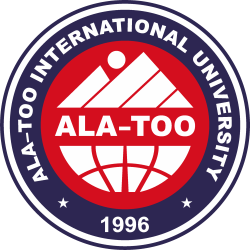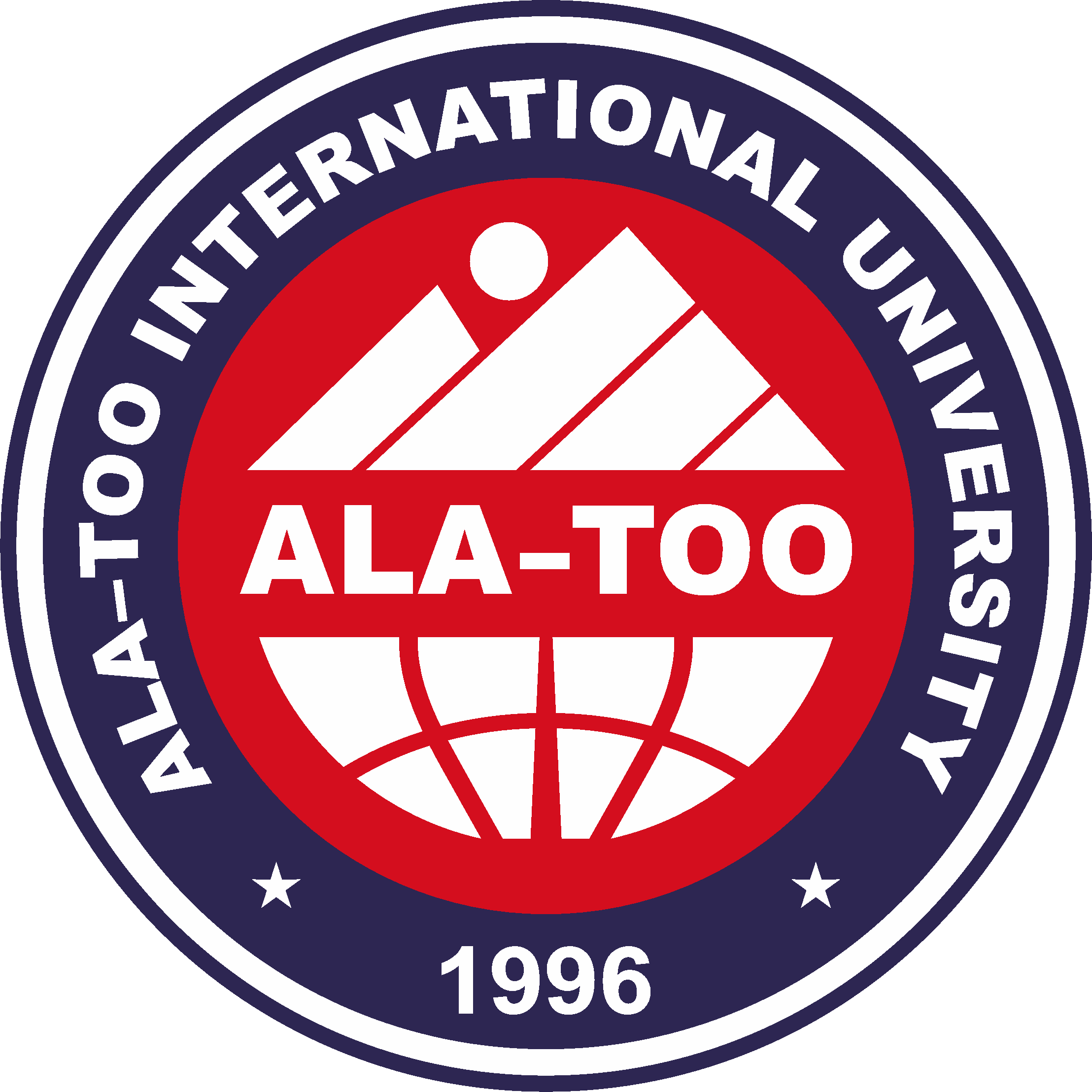Within this field of research, graduate students can study and analyze topics such as micro- and macroeconomics, econometrics, economic policy and public economics, finance and investment. These are just some of the possible areas of research in graduate school in economic theory. Depending on the interests and goals of the researcher, the scope of research may be more specific.
In philology with a focus on English language and literature, researchers can study various aspects of the language, literature and culture of English-speaking countries. Linguistics of the English language, literary studies, the history of English literature, comparative literature and cultural studies and English culture are some of the possible areas that can be the subject of research.
The program includes advanced disciplines, the leading of which are: economic theory, analysis and development. The program includes a high professional level of scientific leadership in the preparation of research work, co-leadership from among foreign researchers is practiced, interactive lectures and seminars on the most necessary modern disciplines in economics. There is a possibility of research internships at foreign universities and research centers, publication of scientific articles on the topic of research work, participation in international scientific conferences, organization of debates on global problems of the world economy.
The main purpose of research on the above-mentioned economic specialties is to identify stable, recurring relationships in socio-economic phenomena and processes, their structural characteristics, patterns of functioning and trends in the development of economic relations.
This area of research reflects the main structural components, prospects for its development, and is focused on solving urgent problems of the development of the education system. It also includes research on the problems of methodology, theory, history of pedagogy and education, pedagogical anthropology, ethnopedagogy, comparative pedagogy and pedagogical forecasting.
Theory and history of culture is the study of the problems of the current state of the theory and history of culture at its various historical stages. The main objects of scientific research in the field of this specialty are the results of the cultural activities of peoples, countries and continents from the moment of the emergence of various cultures in the Renaissance to the present day.
the nature of socio-philosophical cognition, its place and role in the system of social science
the mode of existence of social reality, the connection of social and natural
society as an organizational form of reproduction of sociality, analysis of the universal laws of its structure, functioning and self-development
history as an event-driven process of development and interaction of real countries, peoples and civilizations
typological characteristics of the historical process, axiological dimensions of human history
This direction involves the training of highly qualified candidate specialists in general and applied linguistics, comparative studies of related and unrelated languages, comparative typology of language systems, which meets modern requirements of linguistics.
The doctoral / Ph.D. studies are conducted in English, the postgraduate studies are in Russian and last 3 years under the guidance of highly qualified professors who will provide in-depth research and development in selected areas, contributing to academic growth and achieving a high level of expertise.

